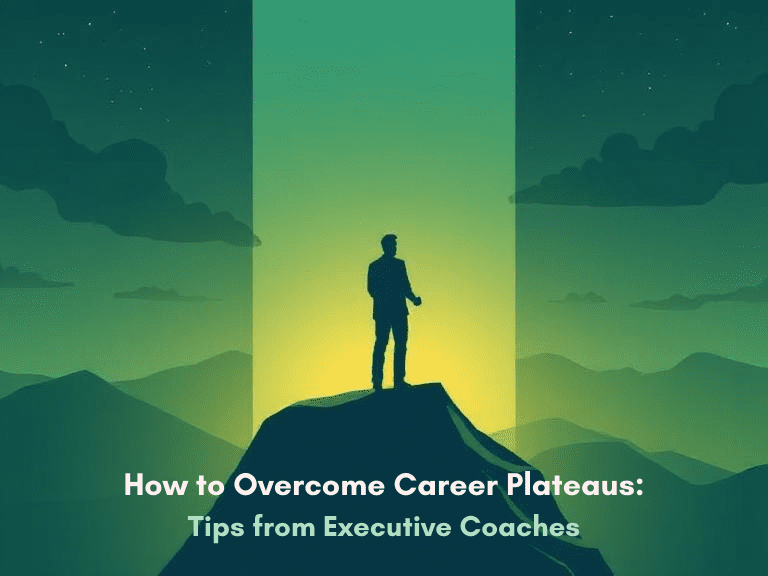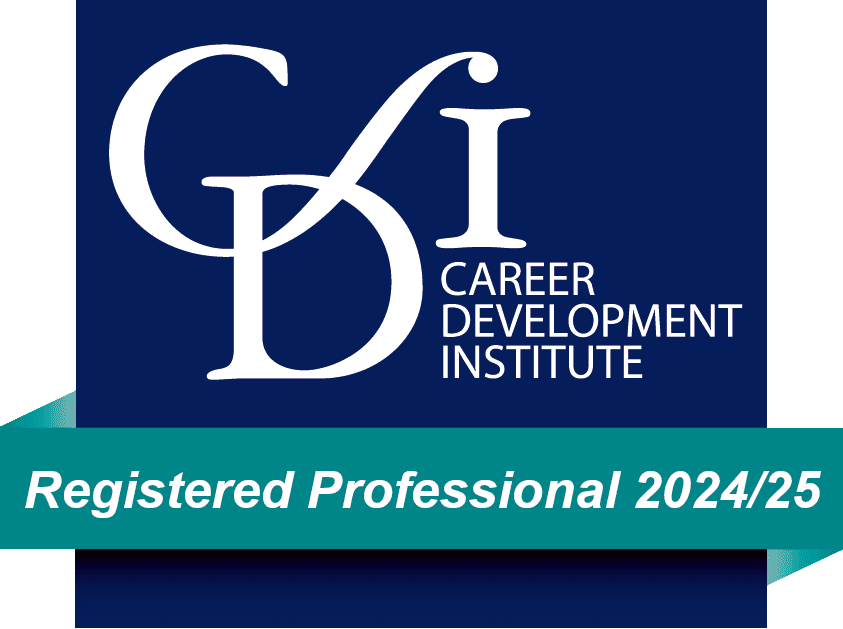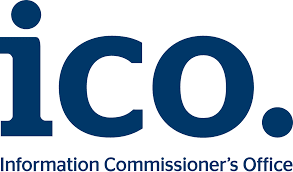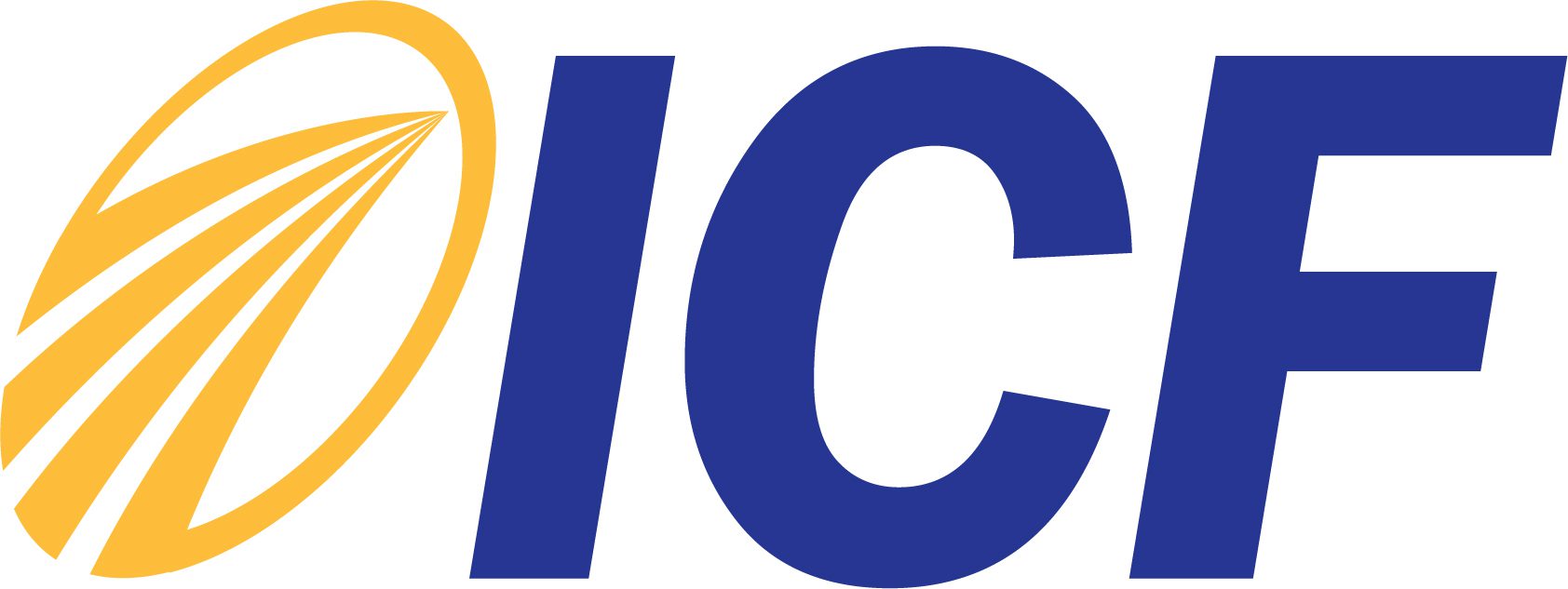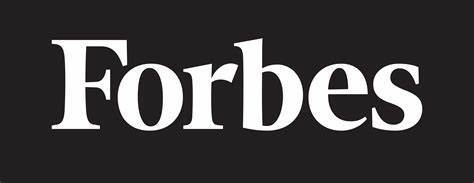Your most important job is to be head marketer for ‘brand You’.
I am a brand. YOU are a brand. In fact, everyone is a brand.
You’ve been a brand your entire life whether you’ve been aware of it or not. How you act, how you communicate, what you stand for and how people feel about you are all a part of it. It’s your reputation. Your calling card. It’s about bringing who you are to what you do and how you do it.
High competition for jobs coupled with the sheer volume of information available on the internet makes it difficult to create a positive impression and stand out above the noise. That’s where your personal brand comes in. Personal branding is a marketing strategy focused on your most important product: you. Much like traditional branding, it’s about shaping an appealing identity to increase your chances of attracting new attention. In your case, right now: potential employers, executive recruiters and headhunters.
To get hired, you must be a stand-out candidate and that begins with understanding and actively building your personal brand. But, what many professionals fail to realise is that your personal brand must come from deep within you; your personal brand must be authentic.
When you’ve finished reading this article, you’ll be ready to take control of your personal brand; stand out and get the job you want and deserve.
Why build a personal brand?
- Attract recruiters – Your personal brand will attract recruiters and headhunters, as most now use social media to find and assess the suitability of candidates.
- Demonstrate expertise – Think of it as an addition to your CV; you’re making your accomplishments and your portfolio available in a publically accessible digital format.
- Industry recognition – Sharing – and publishing – interesting content and becoming a thought leader will help you stand out and get noticed as an expert in your field.
- Make connections – A personal brand makes it easy to connect with other people – useful for job seekers because most people find jobs through the recommendations of others.
How do you know what your personal brand is?
Self-awareness. If you’re like most people, you won’t have all the answers right away, you’ll want to spend some time figuring out who you really are, what your purpose is and what differentiates you from your competition. You might find this first step in the personal branding process particularly easy, or you might spend a little longer in the self-analysis stage… it really depends how much time you’ve spent there before. Once you get past this stage, you’ll have all the ingredients to construct a truly authentic brand, successfully creating a consistent, targeted impression, enabling you to achieve your goals. But first, what areas do you need to explore?
The building blocks of your personal brand
Education and work experience
Undoubtedly the easiest part… you only have to look to your CV or resume to gather this information. But take a closer look… What’s your unique blend of knowledge and experience that no one else has?
Values
These core principles give meaning to your life, driving your thoughts and actions. Values are highly subjective and you’ll need to do a great deal of exploration to uncover your true values. So ask yourself this: What do you hold as important in relation to your career? What are the qualities you’re attracted to or repelled by? Go further… For what reason do you want this? What does that do for you? What’s important about that? What are your priorities here?
Passions
What intrigues you? What motivates you? How you want to spend your time? Identify your passions and make it your goal to experience those passions in your professional life. While they are very different, your passions might overlap with your values and that’s ok. Aligning your career with your passions is a sure-fire way to maintain motivation.
Strengths
Which of your abilities consistently produces a positive outcome? When faced with an overwhelming obstacle, what’s your ‘go to’ skill to overcome it? What are the strengths that others recognise in you? Make a list of what you believe to be your top 5 strengths and compare this with a friend, family member or colleague’s view of you.
Limitations
What weaknesses are you aware of? Everyone has weaknesses – even Superman had his Kryptonite – but, it is not always easy to acknowledge them. A weakness is anything from being utterly uninterested in something to having limited skills to do something of interest. Knowing your weaknesses is just as important as knowing your strengths. You can improve these skills or learn to minimize their impact, and identify jobs/companies that are a good fit. Think of a time when you considered a project to be unsuccessful… what tripped you up? What’s most likely to cause you to give up when faced with an overwhelming obstacle?
Attributes
What words would you use to describe yourself? Are you… Creative? Compassionate? Courageous? Resourceful? Thoughtful? Diplomatic? Visionary? Ambitious? A risk-taker? A good negotiator? Well-connected? A great communicator? An influential leader? Something else? What words might others use to describe you? Ask others for feedback…
Uniqueness
What makes ‘brand you’ different or unusual when compared to your competitors? Employers won’t remember you if what you stand for is no different to everyone else but differentiation gives you leverage. Think about this: What makes you stand out? Do your competitors’ weaknesses provide an opportunity for you to highlight your value? If you’ve not come up with anything yet, consider how you can tell your story in a different way. How can you use emotion?
Mission
Your mission statement keeps you focused. It clarifies what you are all about and why you do what you do. Ask yourself: What are you for? How does what you’re doing link to your higher purpose in life? For inspiration, take a look at these examples of real-life personal mission statements, from 5 famous CEOs.
Vision
We all have a different sense of purpose and vision for the future. This is your ideal version of how you will use your mission.
These elements combined will give you a strong sense of your personal brand: who you are; where you want to be; what you’re all about; and how you align with the companies you want to work for. This is the foundation of ‘brand You’ and all the elements discussed in this article should be communicated effectively in your CV, interviews, conversations and across digital media.


